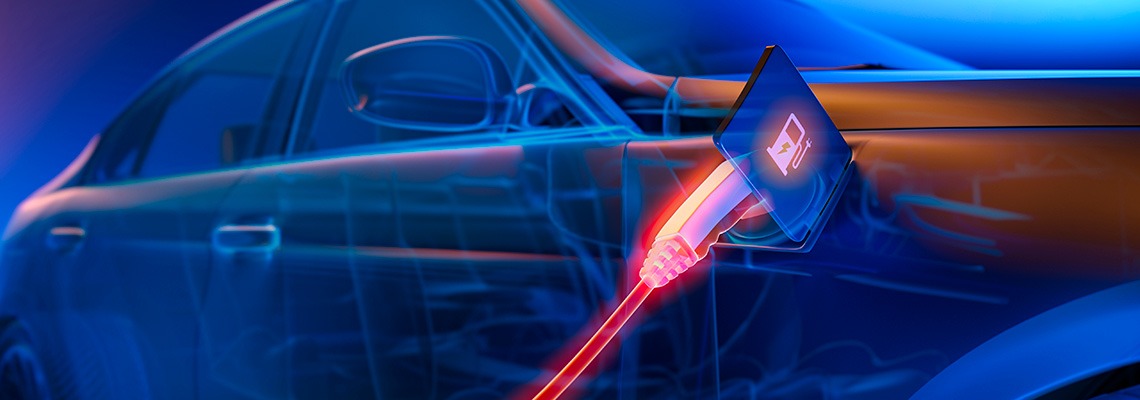Korean EVs Hyundai and Kia Doing Well in UK
FAR EAST: SOUTH KOREA REPORT

The European EV market is expanding, and in the UK, Korean-made EVs are gaining popularity as vehicles that are more affordable than Tesla’s and that offer superior performance.
Last year in the UK, the Tesla Model 3 ranked second in sales of all passenger cars by model, marking the “first year of EVs” in earnest. However, the popular Tesla cars are not inexpensive, costing about three times as much as similarly sized gasoline-powered cars. On the other hand, Hyundai and Kia cars are priced at 60-70% of Tesla’s Model Y and have been a hit with environmentally conscious 30–40-year-olds who had been putting off purchasing EVs because they wanted to replace their cars with EVs but thought Tesla were too expensive.
A major reason for the high support for Korean-made EVs is their price competitiveness. In terms of corporate car leasing prices, Tesla’s Model Y costs 40 pounds per day (for a three-year lease), while Kia’s low-priced e-NIRO EV costs less than 20 pounds per day, about half the price. While the price may be reasonable due to the large difference in vehicle quality, the figures are enough to shatter the preconceived notion that EVs are expensive.
UK EV Market Share by Brand
(Feb-April 2022)
- Tesla, 25.2%
- Hyundai & Kia, 14.6%
- VW Group, 13.6%
- Stellantis, 12.9%
- BMW Group, 8.9%
- Mercedes, 6.7%
- Renault-Nissan, 4.4%
- Others, 13.4%
The reason why Europeans have no resistance to “Korean-made EVs” has to do with historical backgrounds other than vehicle prices and tax benefits. Korean-made cars are highly regarded in Europe, and Korean cars have an extremely high share of the compact car segment in Europe. This is due to the fact that Korean automakers have aggressively expanded their factories into former Eastern European countries, where wages are low but skill levels are high; Hyundai and Kia established production bases in the Czech Republic and Slovakia, respectively, soon after both countries joined the European Union.
Source: Economist
PSR Analysis: As mentioned above, many potential buyers believe EVs are more expensive than conventional engine models. Hyundai and Kia are successfully implementing mass-market EV strategies in Europe, where EVs are most prevalent, in order to overcome the sales slump caused by this image. IF the Korean carmakers can overcome this mis-perception of pricing, it will make a big difference in acceptance in this important EV market. PSR
Akihiro Komuro is Research Analyst, Far East and Southeast Asia for Power Systems Research







